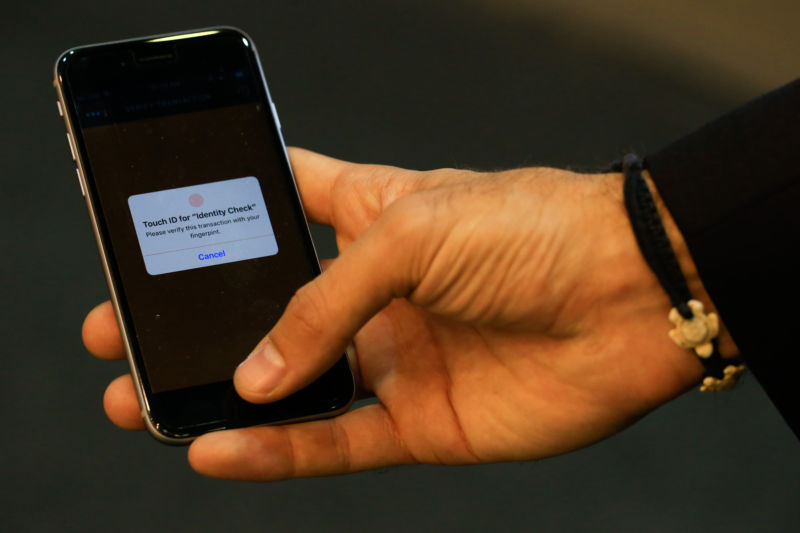
The nine-page order, which was issued on January 10 and first reported by Forbes on Monday, involves a criminal case that is otherwise sealed. There is a lot that remains unknown about the particulars, including the names of the suspects, why federal authorities believe that the two suspects committed extortion via Facebook Messenger, and what Oakland house is involved.
US Magistrate Judge Kandis Westmore found that the government request here "runs afoul of the Fourth and Fifth Amendments," which protect against unreasonable searches and self-incrimination, respectively.
She continued, noting that the government request was "overbroad."
"The Government cannot be permitted to search and seize a mobile phone or other device that is on a non-suspect's person simply because they are present during an otherwise lawful search," the judge wrote.
Blake Reid, a law professor at the University of Colorado, told Ars that it was a positive step that another judge was understanding the possible ramifications of allowing the government to rifle through someone's phone.
"Accessing people's phones is, in my opinion, much more like accessing the contents of their brains than it is the contents of their file cabinets," he emailed.
Multiple times, Judge Westmore cited a 2018 Supreme Court decision known as Carpenter, which found that law enforcement needs a warrant to obtain more than 120 days of cell-site location information.
"Citizens do not contemplate waiving their civil rights when using new technology, and the Supreme Court has concluded that, to find otherwise, would leave individuals 'at the mercy of advancing technology,'" she wrote, citing the Carpenter opinion.
Judge Westmore's order is reminiscent of a 2017 order in a seemingly similar federal case in Illinois: there, a federal magistrate also denied government efforts to conduct a nearly identical biometric dragnet.In the earlier case, US Magistrate Judge M. David Weisman quoted from the government's own warrant application, which specifically said that such biometric search language was now "standard." Judge Westmore cited his opinion in her own, as she reached her conclusion.
"While the Court sympathizes with the Government's interest in accessing the contents of any electronic devices it might lawfully seize, there are other ways that the Government might access the content that do not trample on the Fifth Amendment," she wrote.
"In the instant matter, the Government may obtain any Facebook Messenger communications from Facebook under the Stored Communications Act or warrant based on probable cause. While it may be more expedient to circumvent Facebook and attempt to gain access by infringing on the Fifth Amendment's privilege against self-incrimination, it is an abuse of power and is unconstitutional."
reader comments
84